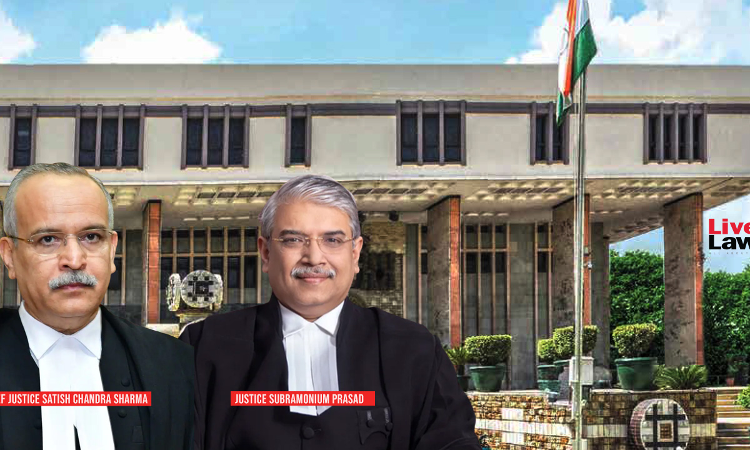Delhi High Court Dismisses PIL Seeking Constitution Of 'Politically Neutral Body' For FCRA Implementation
Nupur Thapliyal
10 Jan 2023 5:50 PM IST

Next Story
10 Jan 2023 5:50 PM IST
The Delhi High Court on Tuesday dismissed a public interest litigation seeking constitution of an independent and "politically neutral body" for implementation of Foreign Contribution (Regulation) Act to avoid misuse of law by the executive.A division bench of Chief Justice Satish Chandra Sharma and Justice Subramonium Prasad pronounced the decision. The plea was moved by the Association...
